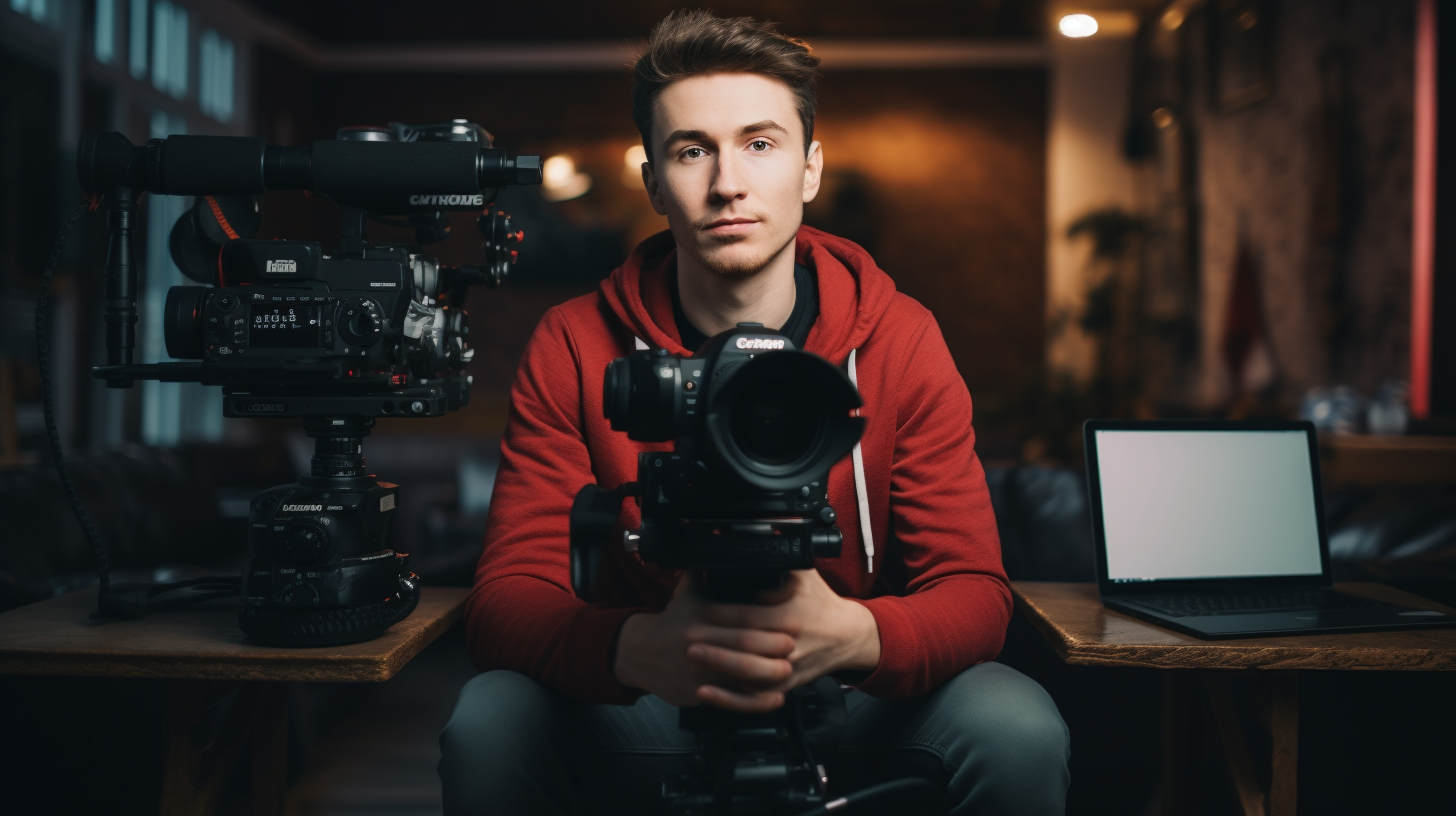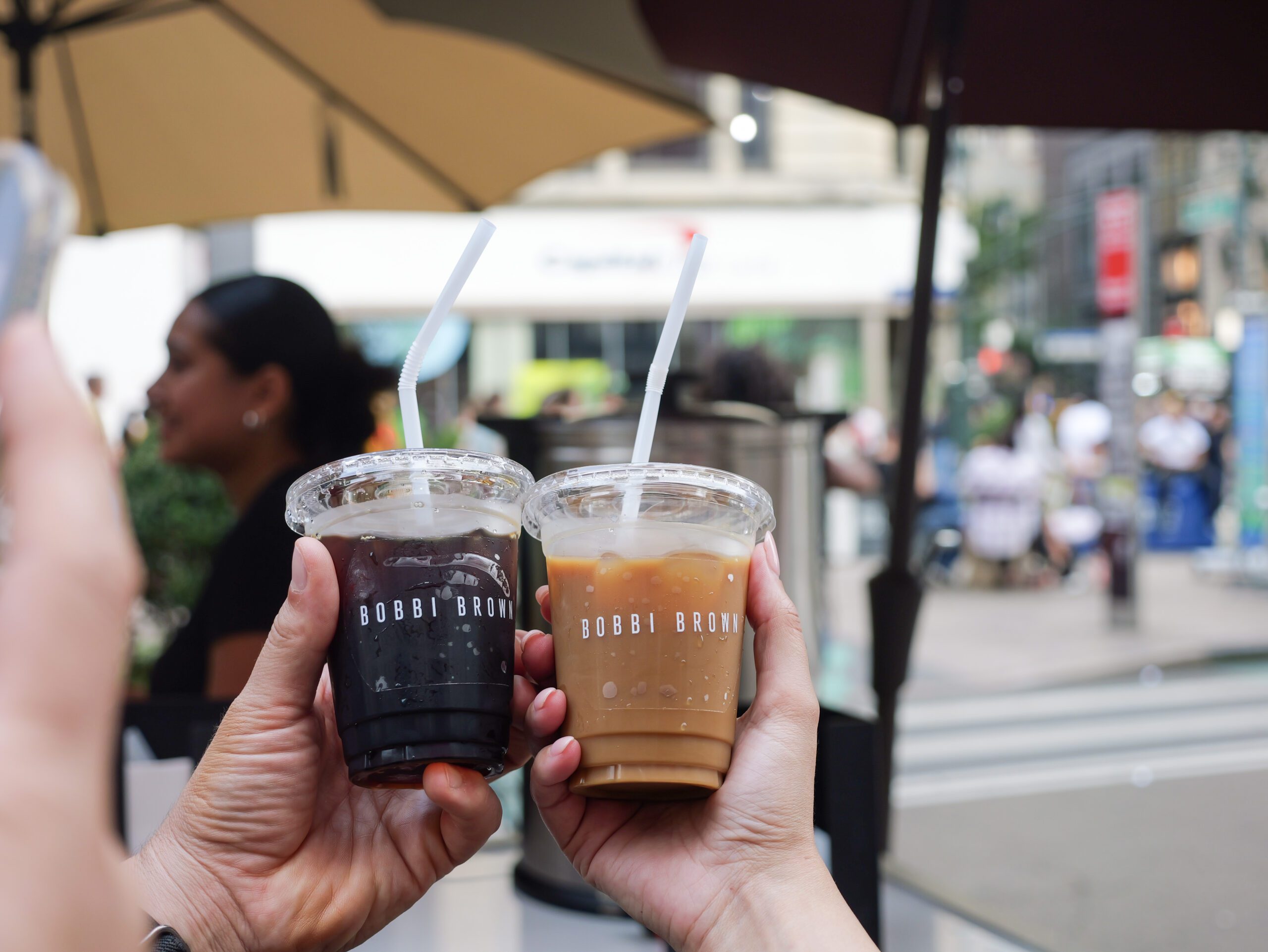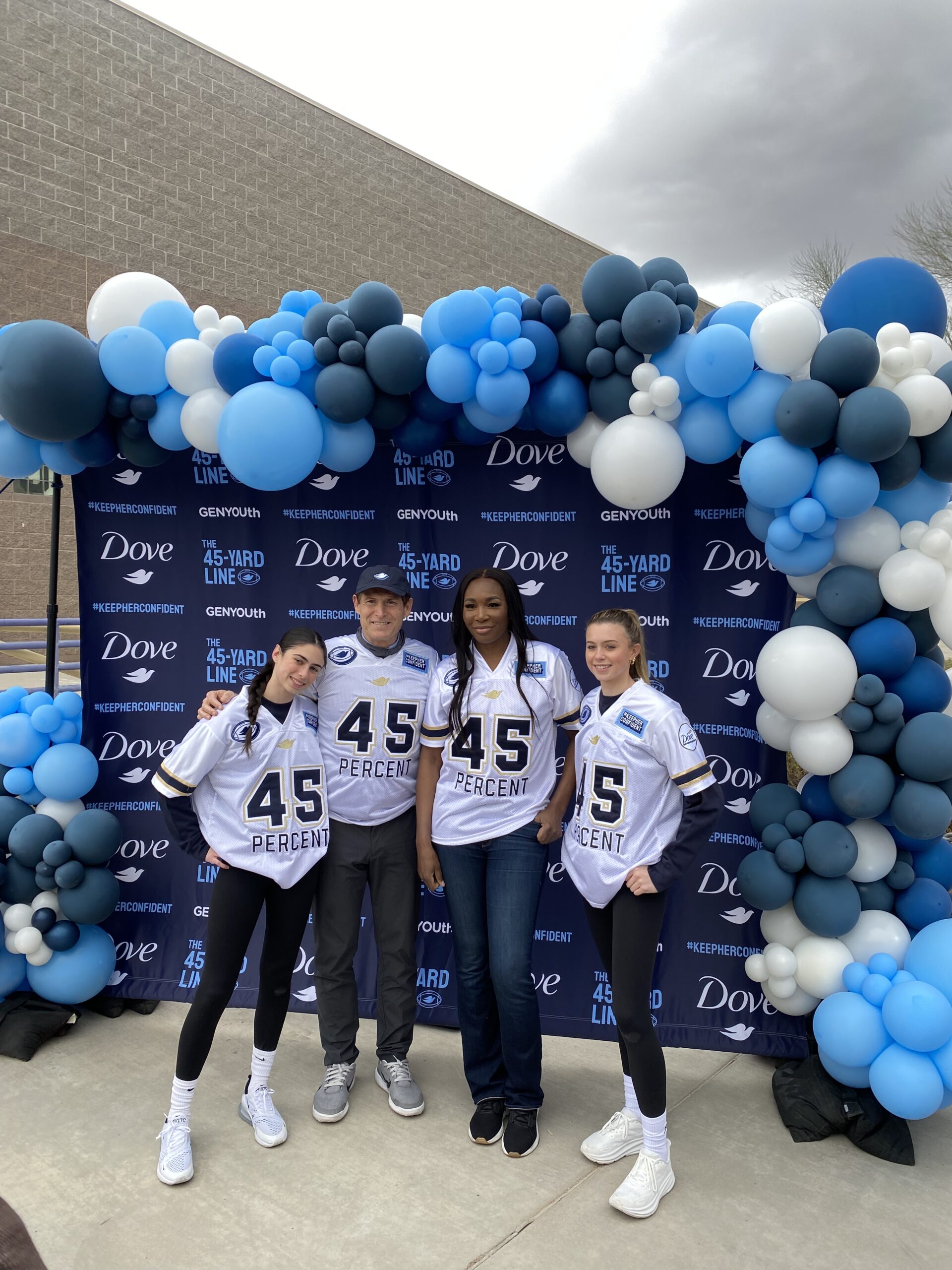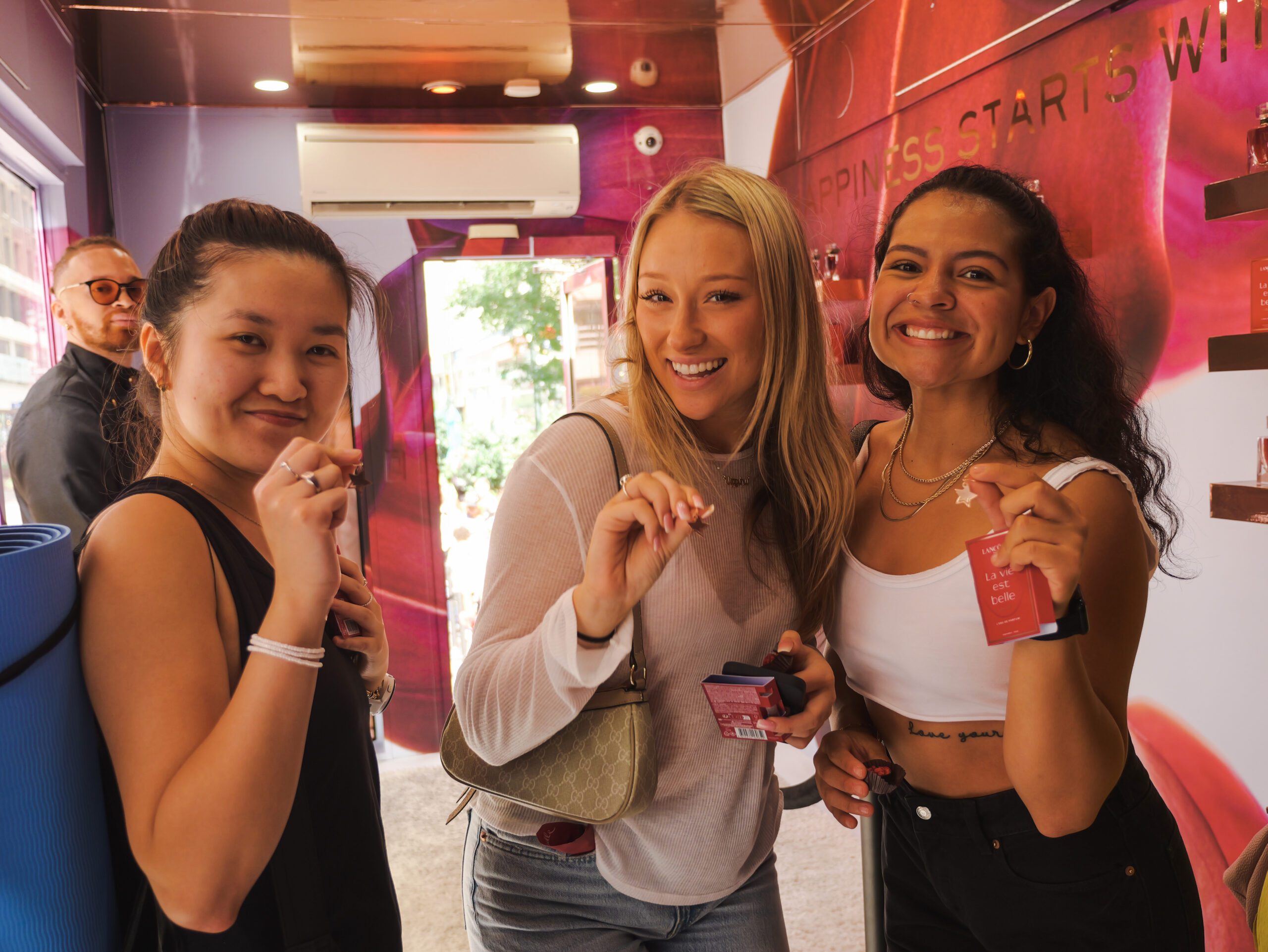
- Creator Economy
Leveraging the Creator Economy to Find Your Audience
The creator economy offers creators and influencers a means of supporting themselves and building their followings. Brands who partner with creators gain access to those creators’ deeply engaged audiences to grow sales. This win-win partnership makes collaborating with creators an obvious choice for businesses looking to add authentic interactions with consumers to their marketing mix.
“Audiences are drawn to the authenticity and relatability of creators, making collaborations with them an invaluable strategy for brands,” according to a recent Forbes article. “Content has evolved from mere entertainment to a powerful marketing tool that resonates with consumers on a deeper level.”
Here’s how to harness the power of creators for your brand.
What Is The Creator Economy?
“Creator economy” is the term used to describe the rapidly expanding sector of the economy that focuses on supporting individuals who create and/or distribute content, services, and products online. These individuals then build up their brand via the internet or social media, which is their means of connecting to a larger audience and generating revenue.
“The creator economy is made up of bloggers, podcasters, YouTubers, newsletter writers, TikTok and Instagram influencers, and others who are trying to build real businesses by creating and distributing valuable and entertaining content,” says Hubspot. “Think of these content creators as little media companies.”
What Are Brand Activations?
A brand activation campaign or event is a singular experience with the purpose of promoting and elevating your brand.
In contrast to advertising campaigns that unfold over weeks or months, a brand activation is a one-off event, campaign, or interaction that creates an opportunity for consumers to engage directly with your brand — and, hopefully, build a brand-customer relationship that lasts.
Brand activations take many forms, including experiential marketing like in-store events, unique in-person experiences, live demonstrations, and sampling campaigns. They can have virtual elements, too, such as influencer marketing and social media contests and challenges. The intersection of the creator economy with real-world activations and experiences poses tremendous opportunity for brands.
How The Creator Economy Has Radically Changed Marketing
The creator economy has altered both the methods and the goals of marketing. As the internet and social media created online homes for ever-increasing numbers of niche audiences and subcultures, creators stepped up to provide content for those audiences.
“Content discovery has shifted from traditional demographics-based targeting to algorithm-driven recommendations,” explains digital services company Dept. “This has resulted in the emergence of smaller cultures with unique humor, interests, leaders, and platforms.”
Reaching all those diverse, niche audiences via traditional marketing methods would require vast marketing budgets and an army of writers, designers, and other old-school content builders. But “In today’s world, if your brand is not visible in a niche, it may as well not exist. With audiences becoming more fragmented, one generic message won’t cut it anymore,” Dept. continues.
This is where the creator economy shines — it provides both the content creators, in the form of influencers and others around whom these wildly varied interest groups cluster, and the audience of eager consumers who are already part of the creator’s sphere of influence.
Working with a content creator isn’t like buying advertising. Where a marketer might buy ad space in a magazine to gain access to an audience of X subscribers, a creator’s number of followers isn’t as important as the level of engagement of those followers. The goal, says Dept., is to “Tailor your brand values into a message that resonates with these communities, and let influencers amplify that voice to create meaningful connections with your target audience.”
How Content Creators Support Brand Activations
It might seem like a stretch to think content creators and influencers could partner with brands for brand activations or experiential marketing campaigns — content creators work in the virtual space, and activations and experiential marketing happen in the “real” world, right?
True. But the magic of brand activations and experiential marketing is that they help your brand find its audience by creating opportunities for uniquely personal interactions between the brand and potential customers. Content creators have already made that connection — albeit virtually — and by working with them, you’re borrowing some of their influence to connect with and build your own audience.
“Influencers already know exactly what kind of experience their followers are looking for,” explains creator management agency Grin. “And incorporating these creators into your experiential marketing strategy gives you an event planner, host, and salesperson all wrapped into one.”
If you’ve done the work of educating influencers on your brand, “your creators will be able to educate and pitch it to their fans in their own way (just like they do on social media).”
Working Successfully With Creators
By some estimates, three-fourth of marketers are currently tapping into the creator economy; that number is expected to climb in the next three years. Here’s how successful partnerships happen.
Choose The Right Creators — Carefully
Successful partnerships start with careful selection of creators, according to Digiday. “Consumers are becoming more and more critical when it comes to the authenticity of brand-influencer partnerships. Campaigns seeing the most success clearly define the connection between the brand and the creator.”
“Do some qualitative research with your audience to find out what they are reading, listening to, or watching,” Hubspot advises. Additionally, you might leverage tools that can help you identify content creators in your niche, such as podcast directories for podcasts.”
Set Up Your Collaboration Agreement
Hammer out a partnership agreement with your creator, and set it up so that if the collaboration fails, both of you have an easy and agreeable out. “Generally, a partnership agreement includes the expectations of both parties, the timeline, the budget, promotional efforts, approvals and permissions, and any legal documents necessary,” Hubspot says. Hubspot also offers a link to a sample partnership agreement.
Figure Out How To Work Together
You need to know whether your brand and this creator are a good fit. Set up a test run — a relatively small project — to see how you work together. “It makes sense to start simply by sponsoring a creator project or running an advertisement in one of their offerings,” Hubspot says. Afterward, determine how it went. Did you get good results, and did you hit the correct audience for your brand?
Trust Your Creators
“Once you find the right creator partnerships, it’s all about giving them the space and the autonomy to create something close to their authentic style,” says Dept. “Remember that you’re no longer competing with other brands on social media; you’re competing against everything in your audience’s feeds.” Content creators and influencers know how to connect with users — how to stand out in their feeds.
Case studies
Here are case studies of brands that have successfully integrated creators into their marketing campaigns.
Nature Valley
Nature Valley & sustainability-driven influencers: Nature Valley partnered with Stephen “tWitch” Boss and Allison Holker-Boss to promote their #ReTokForNature challenge, which invited TikTok users to share sustainability efforts using the hashtag for a chance to win free back-to-school gear.
e.l.f. Cosmetics & Dunkin
e.l.f. Cosmetics and Dunkin’: These brands created a themed makeup collection and enlisted Mikayla Nogueira, a makeup-focused influencer with 13.5 million followers on TikTok and 2.4 million Instagram, to help promote it. (Nogueira had previously posted about loving Dunkin’ on her own.) The campaign has made over one billion impressions.
City Beauty
City Beauty Sent its products to like-minded social media creators to promote. The company gained over 6.9 million impressions from influencer-sourced content.
Promobile Marketing is a dynamic experiential marketing agency based in New York City. For over a decade, Promobile Marketing has collaborated with a range of brands—from budding startups to major CPG brands—on immersive marketing campaigns. Get in touch to discuss your next project.


